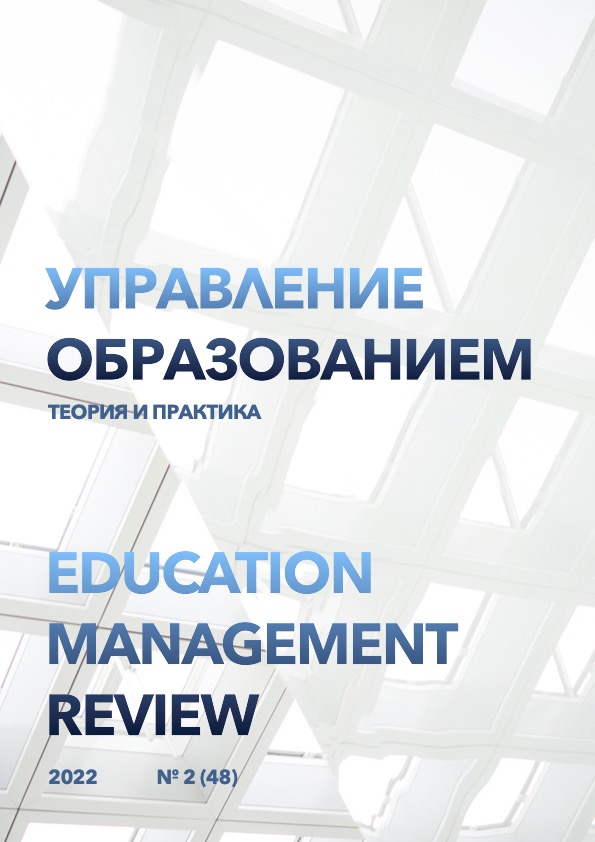The influence of the teacher's leadership styles on the psychological development of a junior school student
DOI:
https://doi.org/10.25726/w6863-8641-4658-kKeywords:
teacher, student, elementary school, authoritarian style, liberal style, democratic styleAbstract
There comes a time in every child's life when they need to go to first grade. Educational activity is the leading direction for a child for a long time, so it is important to create appropriate conditions and a good atmosphere that will positively affect his development. In educational activities, teachers play a leading role, they have a huge impact not only on the intellectual development of the student, but also on his character, behavior and development as a person. It is not for nothing that there is an expression: “school is a second home, and a teacher is a second mother”, because the formation of a child’s personality depends not only on parents, but also on external factors. Unfortunately, at present, parents and students often face the incompetence of both young and experienced teachers, and this is an urgent problem. The fact is that a child spends most of his childhood and adolescence at school, so teachers are required to follow certain rules when communicating with their wards so as not to injure their psyche. Proper communication with children is extremely important, since the relationship between a primary school student and a teacher determines the motivation for learning, forms an attitude towards the school and peers, affects academic performance and the formation of self-esteem. Thanks to a good microclimate in the team, the student easily adapts to school and will be interested in gaining knowledge.
References
Бойко В.В. Синдром эмоционального «выгорания» в профессиональном общении. СПб.: Питер, 2003. 306 с.
Гоноболин Ф.Н. Преподавание в начальных классах общеобразовательной школы. М.: Просвещение, 1973. 240 с.
Гришина Н.В. Психология социальных ситуаций. СПб.: Питер, 2001. 403 с.
Колобкова А.А. Интерпретация как метод историко-педагогического исследования //Ценности и смыслы. 2020. № 1(65). С. 84-94.
Колобкова А.А. Реферативное изложение в обучении иностранным языкам // Развитие науки и образования на современном этапе : материалы Международных научно-практических конференций : в 2 ч., Энгельс, 23 декабря 2016 года – 10 2017 года. Энгельс: Российский университет кооперации, 2017. С. 51-52.
Колобкова А.А. Учебные книги по французскому языку в России XVIII века // Проблемы современного образования. 2020. № 5. С. 163-171.
Курпатов А.В. Триумф гадкого утенка. СПб.: Нева, 2004. 248 с.
Учебный русско-латинский словарь юридических терминов и крылатых выражений. Ставрополь : Центр научного знания "Логос", 2019. 310 с.
Штайнер К. Сценарии жизни людей. Спб.: Питер, 2022. 413 с.




